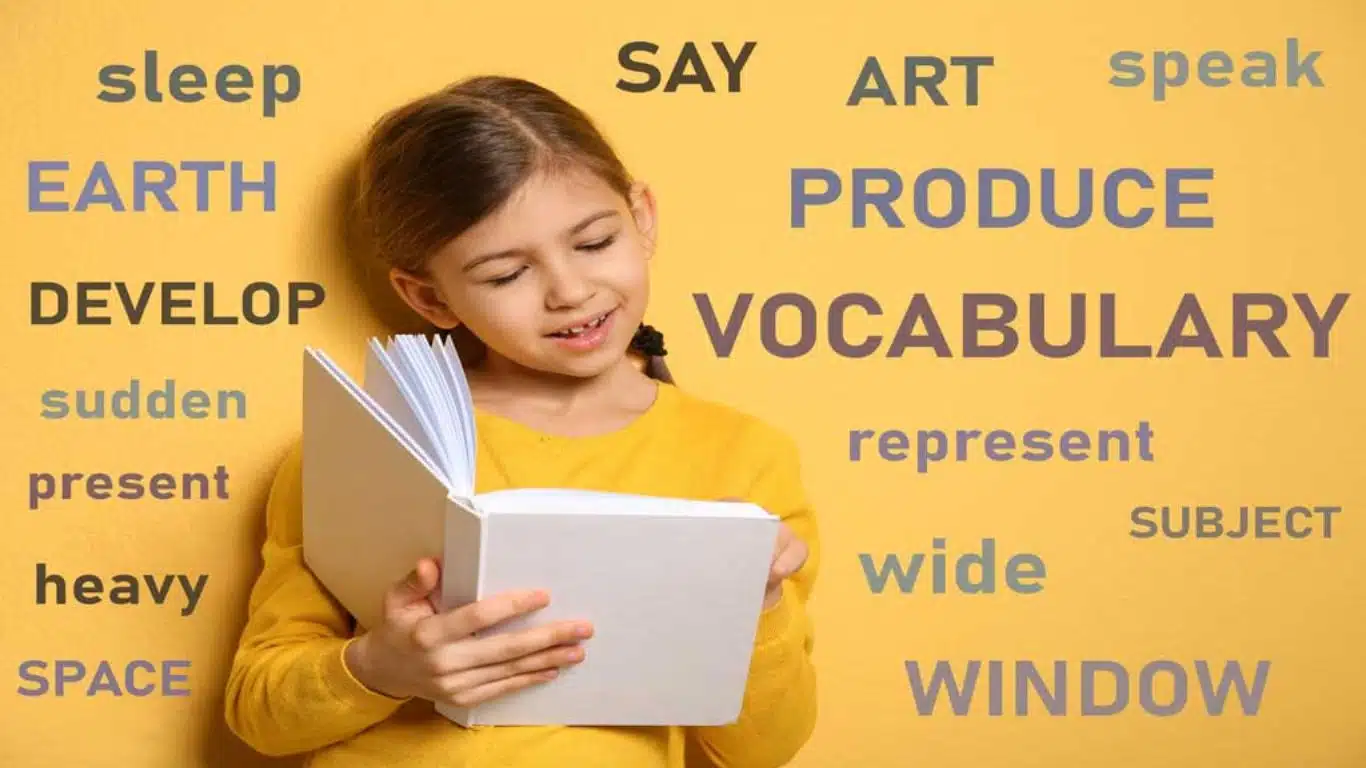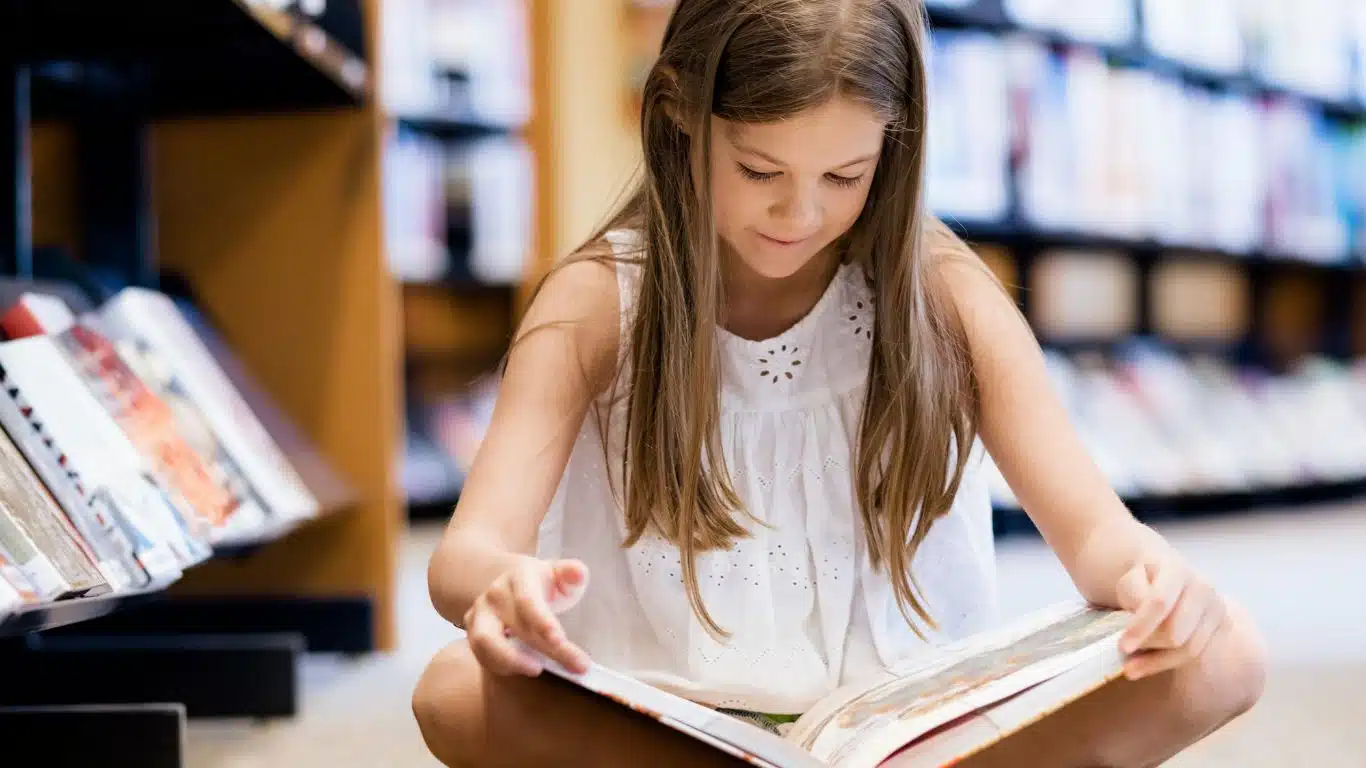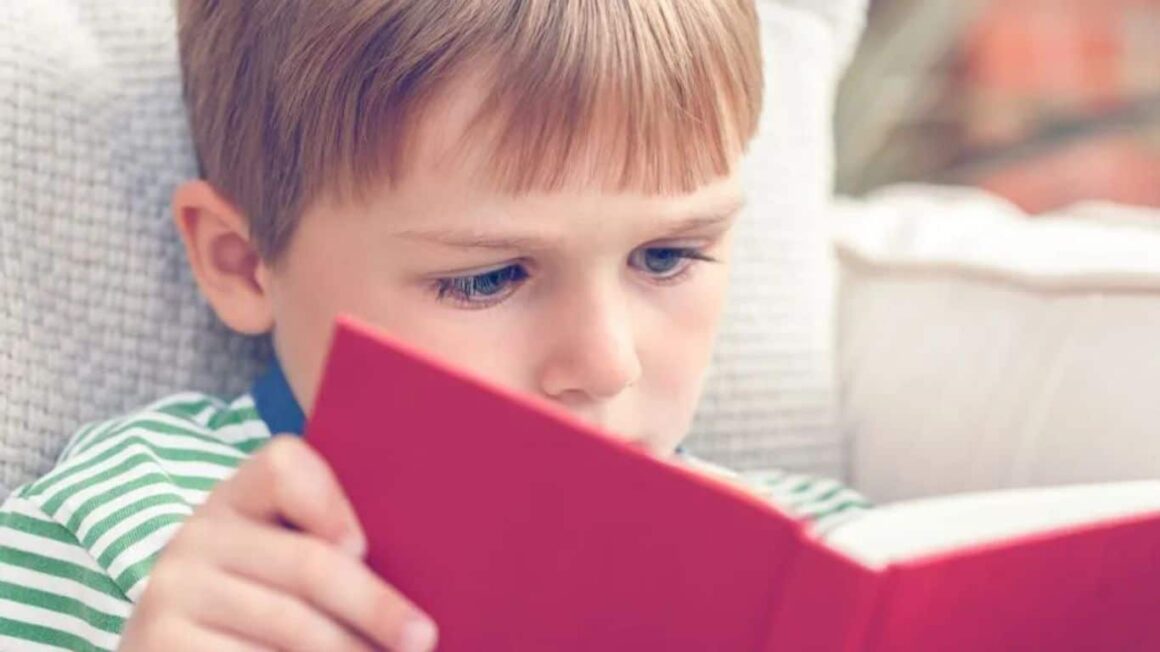Reading is often referred to as the gateway to knowledge and imagination. From the earliest days of childhood, books have the power to open up new worlds, introduce us to new ideas and characters, and inspire us to dream big. But the benefits of reading don’t stop there. In fact, reading books from a young age can have a profound impact on a child’s development, shaping the way they think, learn, and grow. Today we will explore some of the many benefits of reading books since childhood, and why it’s never too early to start encouraging a love of literature in children.
Benefits of Reading Books Since Childhood
Improves vocabulary and language skills
Reading Books from a young age can have a significant impact on a child’s language and vocabulary development. When children are exposed to new words and phrases through reading, they are more likely to learn and incorporate them into their own vocabulary. This, in turn, can improve their ability to communicate effectively.

One of the main benefits of reading books is that it exposes children to a wide range of vocabulary. As children read, they encounter words and phrases that they may not have otherwise been exposed to. This exposure to new vocabulary can help children expand their understanding of language and increase their ability to express themselves. Reading books can also help children develop their comprehension skills. As children read, they must actively engage with the text, making connections and understanding the meaning of the words and phrases they encounter. This active engagement can help children develop their ability to understand and interpret language, which is an important aspect of effective communication.
Develops critical thinking and analytical skills
When children read books, they are required to actively engage with the text in order to understand the story. This active engagement can help children develop critical thinking and analytical skills. As children read, they must think critically about the plot, characters, and themes in the story. They must pay attention to the details and make connections between different elements of the story in order to understand the overall meaning. This process of actively engaging with the text and making connections can help children develop their critical thinking skills.
For example, children may need to analyze the motivations of characters in the story or consider the symbolism and metaphor used by the author. These analytical skills are important as they help children to understand the underlying meaning of the text, which is key to effective communication and comprehension.
Enhances creativity and imagination
Reading books allows children to explore different worlds and experiences, which can inspire their own creativity and imagination. As children read, they are exposed to new ideas, perspectives, and concepts, which can help to spark their own creative thinking.

When children read books, they are transported to different places and times, and can experience the emotions and thoughts of the characters. This can help children to expand their understanding of the world and develop their own empathy and understanding. This, in turn, can inspire their own creative thinking, as they begin to apply what they have learned to their own experiences and perspectives. For example, a child who reads a story about a young girl who overcomes her fear of speaking in public may be inspired to confront their own fears and try new things. Or a child who reads a science fiction story about a futuristic world may be inspired to imagine and think about the possibilities of technology and science.
Increases knowledge and understanding of the world
From learning about different cultures and historical events to understanding scientific concepts and mathematical principles, reading books can help children to gain a broader understanding of the world. Books are a valuable source of knowledge and information, and can help children to learn about a wide range of subjects. For example, children can read historical fiction and nonfiction books to learn about different cultures and historical events. This can help them to understand and appreciate the diversity of human experience and gain a deeper understanding of the world’s history.
Similarly, children can read science and math books to learn about different scientific concepts and mathematical principles. This can help them to understand the world around them and develop critical thinking skills. Reading books can also help children to learn about different careers, and to develop an interest in different fields.
Enhances focus and concentration
Reading books requires concentration and focus, which can help children to develop these skills. As children read, they must pay attention to the text in order to understand the story, which can help to improve their ability to focus and concentrate on tasks.

When children read, they need to pay attention to the details of the story and make connections between different elements. This requires them to focus their attention on the text, which can help to improve their ability to concentrate. By practicing this skill of paying attention to the text, children can improve their ability to focus and concentrate on other tasks, such as completing homework or paying attention in class.
Helps with emotional and mental well-being
Reading books can have a positive impact on children’s emotional and mental well-being. It can provide children with an escape from their daily lives, allowing them to relax and unwind. Reading can also help children to better understand and process their own emotions, which can be beneficial for their mental health.
Furthermore, reading can also help children to better understand and process their own emotions. As children read, they may encounter characters and situations that are similar to their own experiences and emotions. This can help children to better understand and process their own emotions, as they can relate to the characters and situations in the story.
Provides opportunities for escapism and entertainment
Books can provide children with an escape from the everyday, allowing them to immerse themselves in a story and explore new worlds and experiences. Reading can also be a form of entertainment, providing children with an enjoyable way to pass the time.

When children read books, they are transported to different places and times, and can experience the emotions and thoughts of the characters. This can provide children with an escape from their daily lives, as they immerse themselves in the story and explore new worlds and experiences. This can help children to relax, unwind and forget about their daily troubles.
Conclusion
Reading books since childhood has numerous benefits that can positively impact a person’s life in multiple ways. It improves literacy skills, expands vocabulary, and enhances cognitive development. It also helps to develop critical thinking and analysis, as well as improves memory and concentration. Reading books can also improve emotional intelligence, as it allows individuals to understand and empathize with different perspectives and experiences. Reading books can also be a great form of entertainment and a way to relax and unwind. Overall, the benefits of reading books since childhood are vast and can lead to a lifetime of personal growth and development. Encouraging reading from a young age can have a lasting impact on a child’s future and should be encouraged in every household and educational institution.
Also Read: Importance of Arts Education | Benefits of Arts Education



